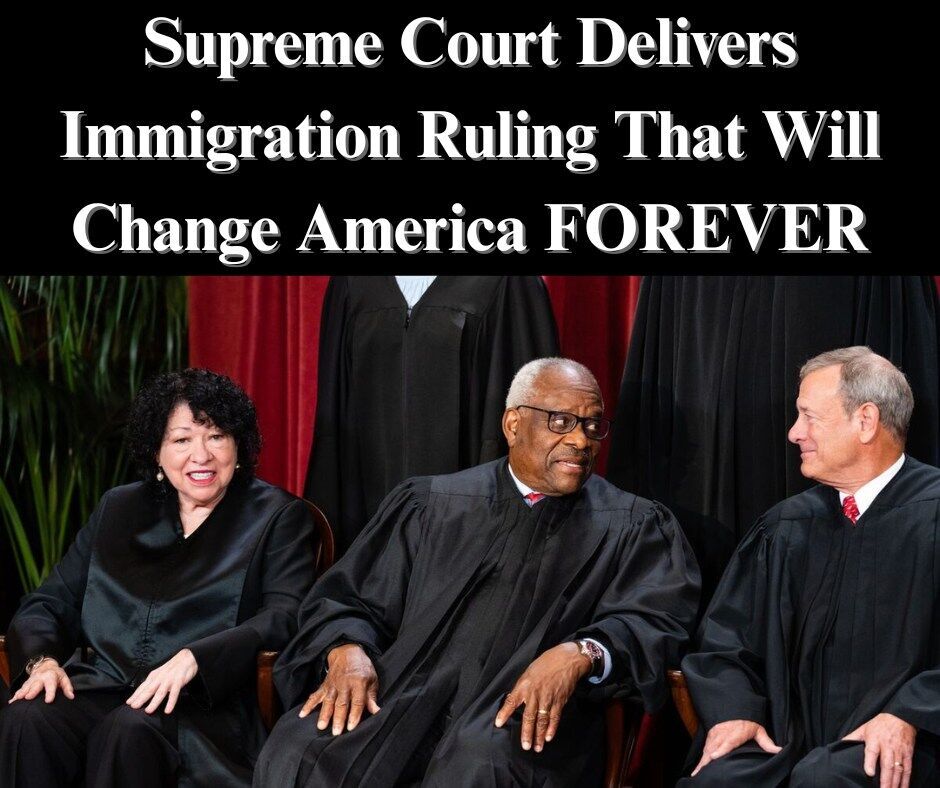The U.S. Supreme Court has allowed the Trump administration to end a humanitarian parole program that provided temporary legal status to over 500,000 migrants from Venezuela, Cuba, Haiti, and Nicaragua. This decision, which aligns with President Trump’s immigration agenda, overturned a lower court ruling by U.S. District Judge Indira Talwani, who had blocked the termination on the grounds that such broad cancellations require individual case assessments. The Supreme Court issued its ruling without a written explanation, putting many migrants at risk of immediate deportation as the legal battle proceeds. Immigration parole permits individuals to temporarily live and work in the U.S. for humanitarian reasons. President Biden had expanded the program to reduce illegal border crossings, offering two-year paroles to eligible migrants with U.S. sponsors. Trump, however, signed an executive order on his first day back in office to eliminate these programs, and the Department of Homeland Security acted in March to shorten parole terms.
The plaintiffs—migrants and their American sponsors—argued that ending the program violated federal law. Although the 1st U.S. Circuit Court of Appeals upheld Judge Talwani’s ruling, the Supreme Court’s stay allows the administration to proceed with dismantling the program. This is one of several emergency appeals the Trump administration has brought before the high court. In a related decision, the Court also recently permitted the withdrawal of temporary protected status for Venezuelans and issued a separate ruling reducing environmental review requirements for major infrastructure projects, signaling a broader shift away from long-standing regulatory protections.





